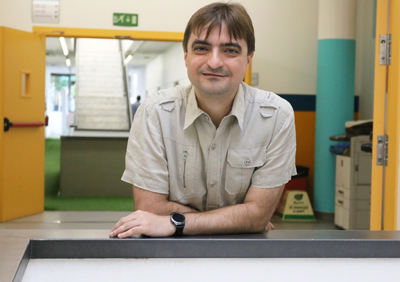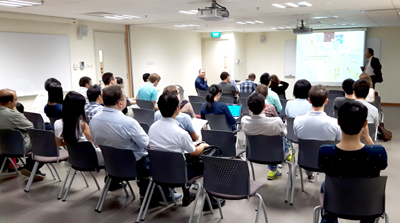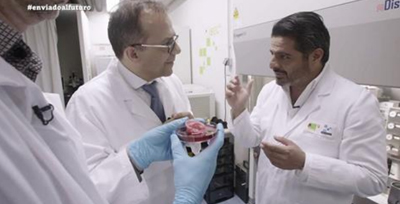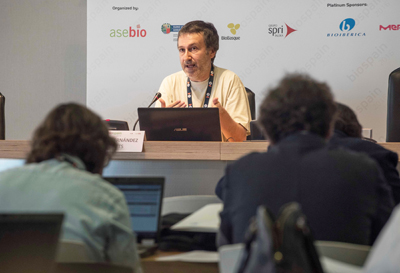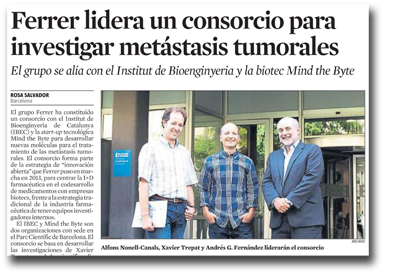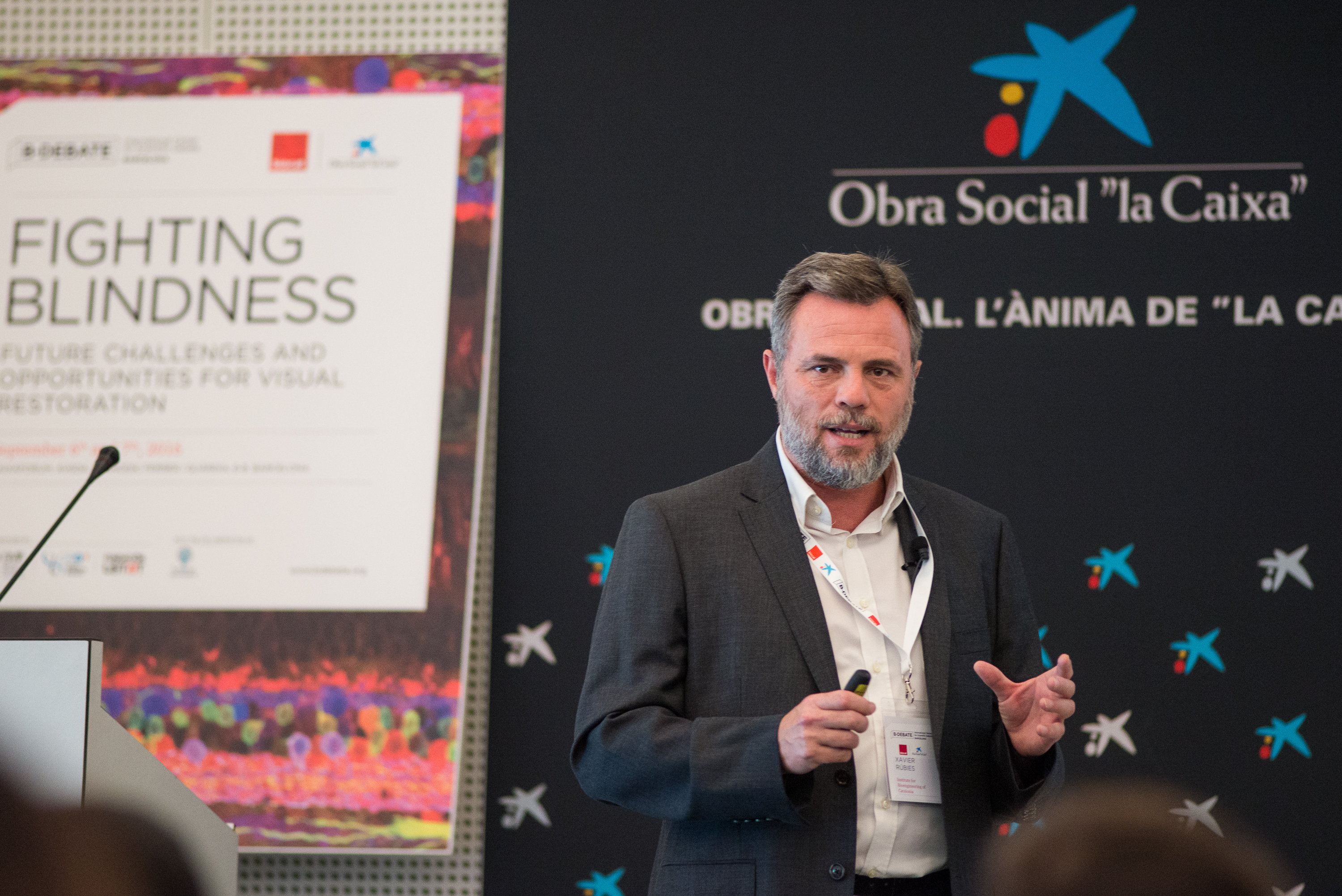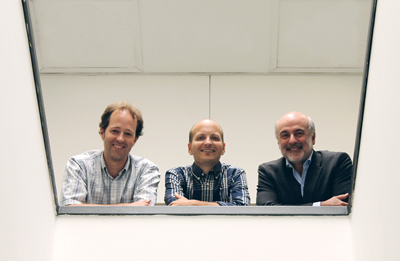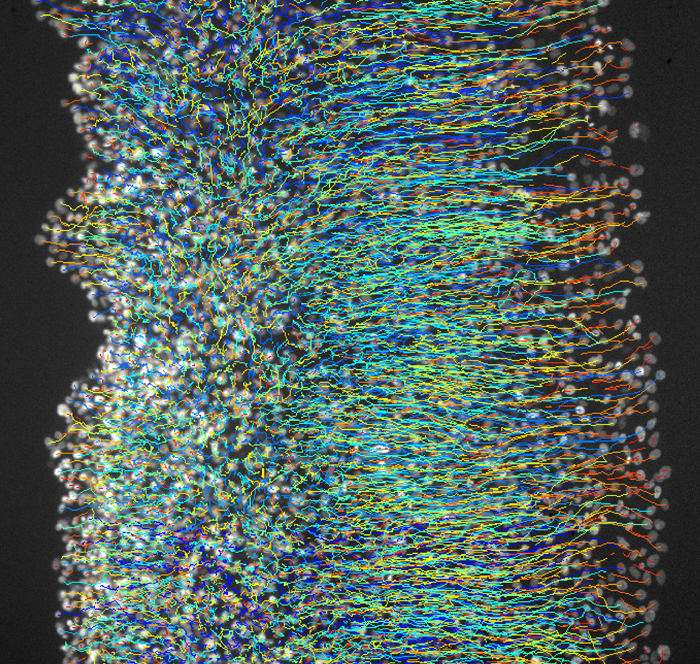ERC funding for new diabetes approach at IBEC
 IBEC’s Dr. Javier Ramón is one of just six researchers in Catalonia to have been awarded a 2016 Starting Grant by the European Research Council (ERC).
IBEC’s Dr. Javier Ramón is one of just six researchers in Catalonia to have been awarded a 2016 Starting Grant by the European Research Council (ERC).
The senior researcher in the Biomimetic Systems for Cell Engineering group won funding for his project ‘Diabetes Approach by Multi-Organ-on-a-Chip’ (DAMOC) from Europe’s most prestigious funding body.
With the support, which will last for up to five years, Javier will start a new line to design a innovative new tool to test drugs for diabetes. As well as improving drug testing approaches, the multi-organ-on-a-chip device will provide new therapies to prevent the loss of beta cell mass and defects in the glucose uptake in skeletal muscle associated with type 2 diabetes.
“This project will give me the opportunity to have a multidisciplinary group of researchers working together from the beginning in a synchronized way, the most rewarding experience that a researcher can have,” he says.

